The
Domestication of
Language
The
Domestication of
Language
CULTURAL EVOLUTION
and the UNIQUENESS of
THE HUMAN ANIMAL
Daniel Cloud
Columbia University Press

New York
Columbia University Press
Publishers Since 1893
New York Chichester, West Sussex
cup.columbia.edu
Copyright 2015 Columbia University Press
All rights reserved
E-ISBN 978-0-231-53828-2
Library of Congress Cataloging-in-Publication Data
Cloud, Daniel.
The Domestication of language : cultural evolution and the uniqueness of the human animal / Daniel Cloud.
pages cm
Includes bibliographical references and index.
ISBN 978-0-231-16792-5 (cloth : alk. paper)
ISBN 978-0-231-53828-2 (e-book)
1. Language and languagesOrigin. 2. Grammar, Comparative and generalPhonology. 3. Grammar, Comparative and generalSyntax. 4. Human evolution. 5. Historical linguistics. 6. Anthropological linguistics.
I. Title.
P116.C58 2014
417.7d23 2014012982
A Columbia University Press E-book.
CUP would be pleased to hear about your reading experience with this e-book at .
FRONTISPIECE: Rembrandt van Rijn,
The Anatomy Lesson of Dr. Nicolaes Tulp, 1632.
(169.5 cm 216.5 cm, oil on canvas, Mauritshuis, The Hague)
COVER DESIGN: Catherine Casalino
When I was a child I pictured our language as settled and passed down by a board of syndics, seated in grave convention along a table in the style of Rembrandt. The picture remained for a while undisturbed by the question of what language the syndics might have used in their deliberations, or by dread of vicious regress.
I suppose this picture has been entertained by many, in uncritical childhood. Many mature thinkers, certainly, have called language conventional. Many have also, in other connections, been ready with appeals to agreements that were historically never enacted. The social contract, in Hobbes theory of government, is the outstanding example. This case is logically more respectable than the language case; the notion that government began literally in a social contract involves no vicious regress.
Not, of course, that the proponents of the social contract mean to be thus construed; they mean only that government is as if it had been thus established. But then this as if proposition raises the question, psychoanalytically speaking, of latent content: in just what ways is government like what an actual social contract might have given us? In the language case this question of latent content is even more urgent, and more perplexing, in that an original founding of language by overt convention is unthinkable. What is convention when there can be no thought of convening?
W. V. Quine, foreword to David Lewis, Convention
Contents
QUINES PARADOX OF THE SYNDICS
How did all the various things in the world get their names?
And out of the ground the LORD God formed every beast of the field, and every fowl of the air; and brought them unto Adam to see what he would call them: and whatsoever Adam called every living creature, that was the name thereof. (Genesis 2:19)
Thats one theory. Who stands behind the lexicographers, or the teachers, and whose laws are they enforcing when they insist that we use words correctly rather than incorrectly? Perhaps all the meanings were decreed by Adam himself, the ultimate ancestor, in a single original act of baptism. And perhaps our job, as philosophers, is to re-create that original mother tongue or universal character, and rescue humankind from its long captivity in Babel.
Perhaps those things are true, but it sounds like a fairy tale. Our languages are part of our inherited culture, and it now seems wrong to think of our own cultural conventions as the decayed remnants of an ancient dialogue between the first man and God. As philosophers working in a tradition that has often been preoccupied with language, we ought to be able to come up with a better story. So it should come as no surprise that a number of philosophers, ancient and modern, have tried to account for the origins of language in a more convincing way.
Plato (1961) made one of the earliest attempts in Cratylus. His way of posing this question has been influentialthe quotation from W. V. Quine that serves as the epigraph to this book is one echo of it, as well soon see. Aside from the suggestion made by Hermogenes, in the dialogue, that our language must be a system of arbitrary conventions, however, most of his tentative proposals concerning its possible answers seem to have struck modern philosophers as implausible.
But implausibility isnt always a defect. Sometimes a very alien way of looking at a problem offers us exactly the new perspective we need. Plato was not naive or foolish. In Cratylus, starting with very different assumptions, he made some suggestions about where the meanings of words come from that we now find surprising. Are they all just bad ideas, in spite of their source? Or could some of them be hidden treasures, insights that look unpromising simply because theyre so unfamiliar?
Here I want to revive in a more contemporary form what seems superficially to be one of the least plausible of those ideas. Socrates is depicted as believing that the words of our existing languages were created by people he calls nomothetes, lawgivers or legislators. Although Quine called this idea childish, to Plato it apparently seemed obvious. Since neither of them actually knew where the meanings of words came from, this is purely a difference of intuition between two great philosophers, one ancient and one modern. That alone should make us curious.
This Socratic story, too, initially sounds like a fairy tale about heroic founders, like the story about Adam in Genesis. Reading the dialogue that way, however, is a mistake. Its putting the quaint medieval thing we think Plato must have been saying in place of what the text actually says. Although Socrates does talk later about the hypothetical first legislators who might have created the most basic elements of human languages before the beginning of recorded history, when he first introduces this idea hes obviously talking about a process of invention that was supposed to be still going on in his own society at the time of writing. Laws, after all, were still being made in Athens, so the legislators were still around.
Can you at least say who gives us the names which we use? Socrates asks Cratylus. Does not the law seem to you to give us them? (Cratylus 388d). These questions arent about what might have happened long ago, any more than those following them are: How does the legislator make names? To what does he look? (Cratylus 389a). When he first starts talking about the nomothete, Socrates isnt telling a fairy tale. Hes making an observation about the way things work in his own world, in the present. The use of language, he argues in this part of the dialogue, is a technology, like weaving and shipbuilding: A name is an instrument of teaching and distinguishing natures, as the shuttle is of distinguishing the threads of the web (Cratylus 388c). Lawgivers manufacture its tools, just as the maker of looms makes tools for the weaver. Just as its the weaver and not the loom maker whos the proper judge of looms, he tells us that its the teacher and not the lawgiver whos the proper judge of words.

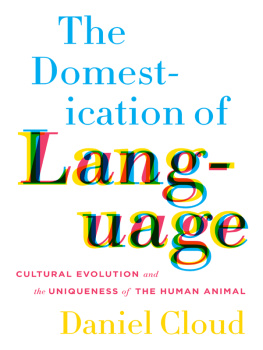
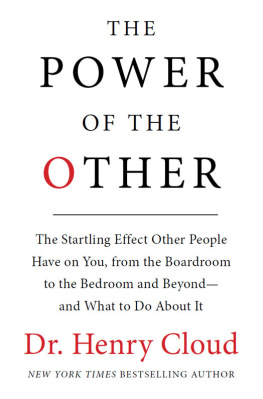










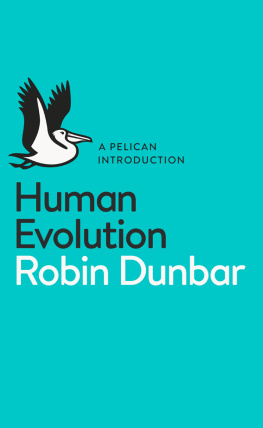
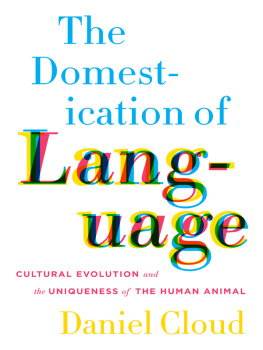

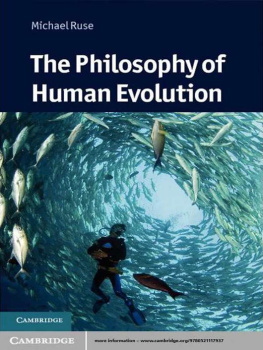

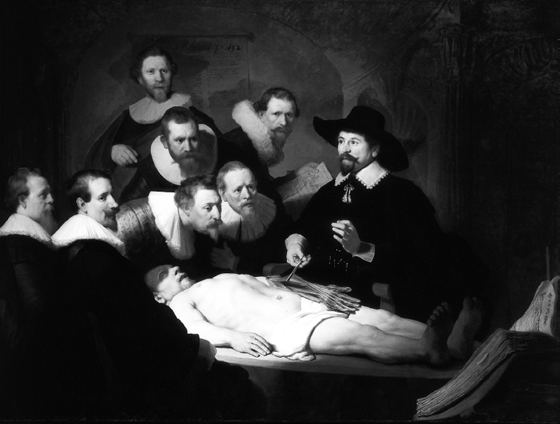
 New York
New York